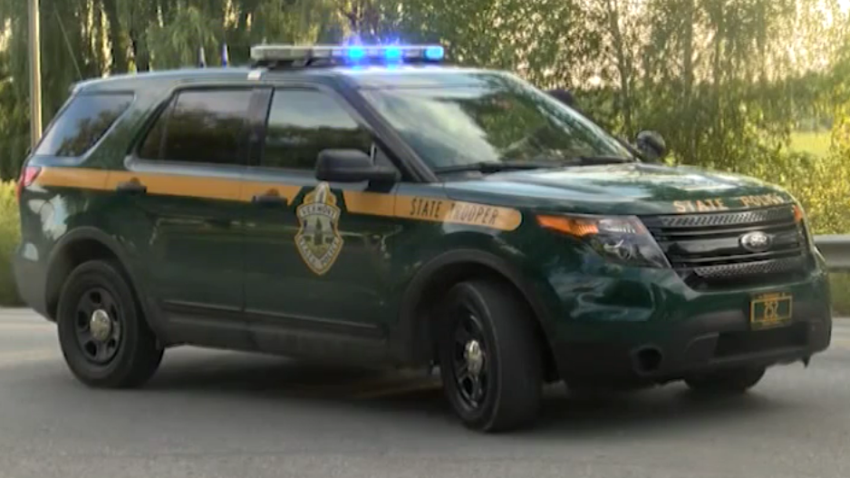
20-year-old critically injured in Vt. crash
A severe crash shut down part of Route 100 in Waitsfield, Vermont, early Saturday morning, and left a 20-year-old with life-threatening injuries.

A severe crash shut down part of Route 100 in Waitsfield, Vermont, early Saturday morning, and left a 20-year-old with life-threatening injuries.

On the second day of their strike, Fenway concession workers were outside Boston’s ballpark banging on drums and shouting “Don’t buy food!” while marching on a picket line.

DeMario Douglas drew headlines, but Robert Spillane and Jack Gibbens also made their presence felt at Patriots training camp on Saturday, writes Phil Perry.

A fire broke out at a waterfront home in Gloucester, Massachusetts, on Saturday, sending an 18-year-old to the hospital for possible smoke inhalation.

A 25-year-old motorcyclist has died following a two-vehicle crash in Wareham, Massachusetts, on Friday.


Tom E. Curran breaks down how the Patriots’ wide receivers performed Saturday on Day 4 of training camp.

Phil Perry breaks down everything he saw from Drake Maye and the Patriots offense Saturday during Day 4 of training camp.

A drier airmass has returned to New England. However, the air quality is quite poor across much of the area. This is due to wildfire smoke from Canada

Drake Maye and the Patriots didn’t shy away from pushing the ball downfield in Day 4 of training camp. Here’s a full recap of Saturday’s practice.

An arrest has been made after a man was shot this week near the South Common in Lowell, Massachusetts.

A DoorDash driver was shot late Friday night in Boston’s Brighton neighborhood.

Sunshine will be shrouded by hazy smoke moving high overhead, and sea breezes will kick in along the coast today. Rain returns tomorrow.